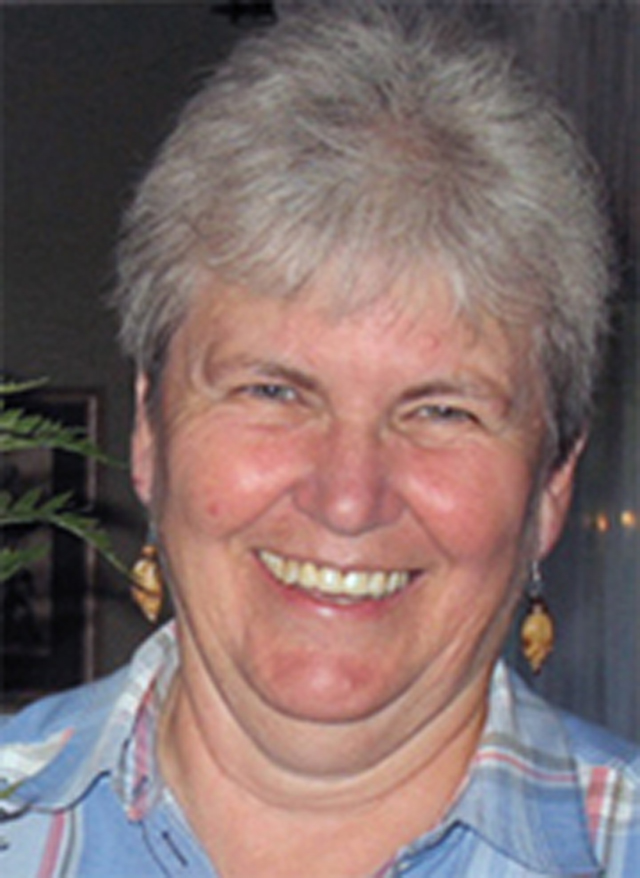Learn to be still
By Sharon Willan
June 2007
Return to Table of Contents
Print Article
Silence is the language of God. It is the voice of the universe, the music with which God allures us, inviting us into conversation with the Holy.
How do we learn this language? Like learning to speak French, English, or any language, it can be a long and difficult undertaking that requires patience, perseverance and love. In her book “Gift From the Sea” Anne Morrow Lindberg writes about becoming still. “One should lie open, empty, choiceless as a beach—waiting for a gift from the sea.” With this attitude we lie in silence, in the sea of God’s energy and love, and begin our learning.
On entering the sacred space of our inner heart, we encounter Holy Mystery, Love, our Intimate Companion. Our only response is awe, delight, silence. We do not spend enough time in this centre of our lives. We are always in such a rush, hurrying from one activity to another without awareness of the present moment. Even in the seemingly humdrum task of washing dishes, instead of thinking about other things, what would it be like to be conscious of the feel of the water, of the movement of our hands as they follow the shape of the cup or plate? What of savouring the time spent feeding a hungry infant, or really listening to the laughter of your children or grandchildren? What of pausing at the window to watch as birds flit back and forth from bush to feeder; or stopping to look at a sunset or sunrise? It is in these moments that God reveals God’s self to us.
How we lie in silence depends on our image of God. Who is this Holy Mystery we call God? Is God a Companion who accompanies us through the joys and sorrows of life? Does God weep with us when we are seriously ill or when someone close to us dies? Does God rejoice in those moments when we realize love is the most important thing we can give and receive? If so, silence can be a deepening awareness of the Breath of God moving within.
If, however, God is a distant figure who judges our every word and action, then silence can be fearful for we are not perfect people. Silence can sit heavily upon us and we squirm about looking for distractions. We feel guilty, unworthy; we run away, plunging into activity, turning on the television, radio and computer.
We must be willing to still our bodies and minds. Close your eyes and listen to your breathing. Allow your breath to become deeper, slower. As you practice this stillness, you can extend the time. Allow your thoughts to pass like a breeze, without dwelling on them. If certain thoughts capture your attention, pray a sacred word or phrase to bring you back to stillness. This is the beginning of the language of silence. As the practice of growing still increases, you will find your body becoming quiet, your mind growing peaceful.
In 1993 about 4,000 practitioners of transcendental meditation met in Washington, DC, to take part in a crime reduction project. From June 7 to July 30 they meditated twice a day with the intention of reducing stress and violent crime in the city. Scientific study showed that during that time, acts of violence decreased by 25 percent and the decrease could not be attributed to other causes. (Institute of Science, Technology and Public Policy.) We can heal the Earth with silence.
Spending time in silence helps us become aware of the constant, loving presence of the Compassionate One. From this encounter we learn to be more loving and compassionate. Becoming still allows us to glimpse the glory and wonder of God in each other and in all of creation. Through silence, we learn that we are connected to all living creatures, indeed to the whole universe.
Sharon Willan worked as Program Associate with the Scarboro Missions Lay Program for six years. She now continues to facilitate the Spirituality component of the program. She is also a team member with the Franciscan Spiritual Direction Internship program.
Return to Table of Contents
Print Article
